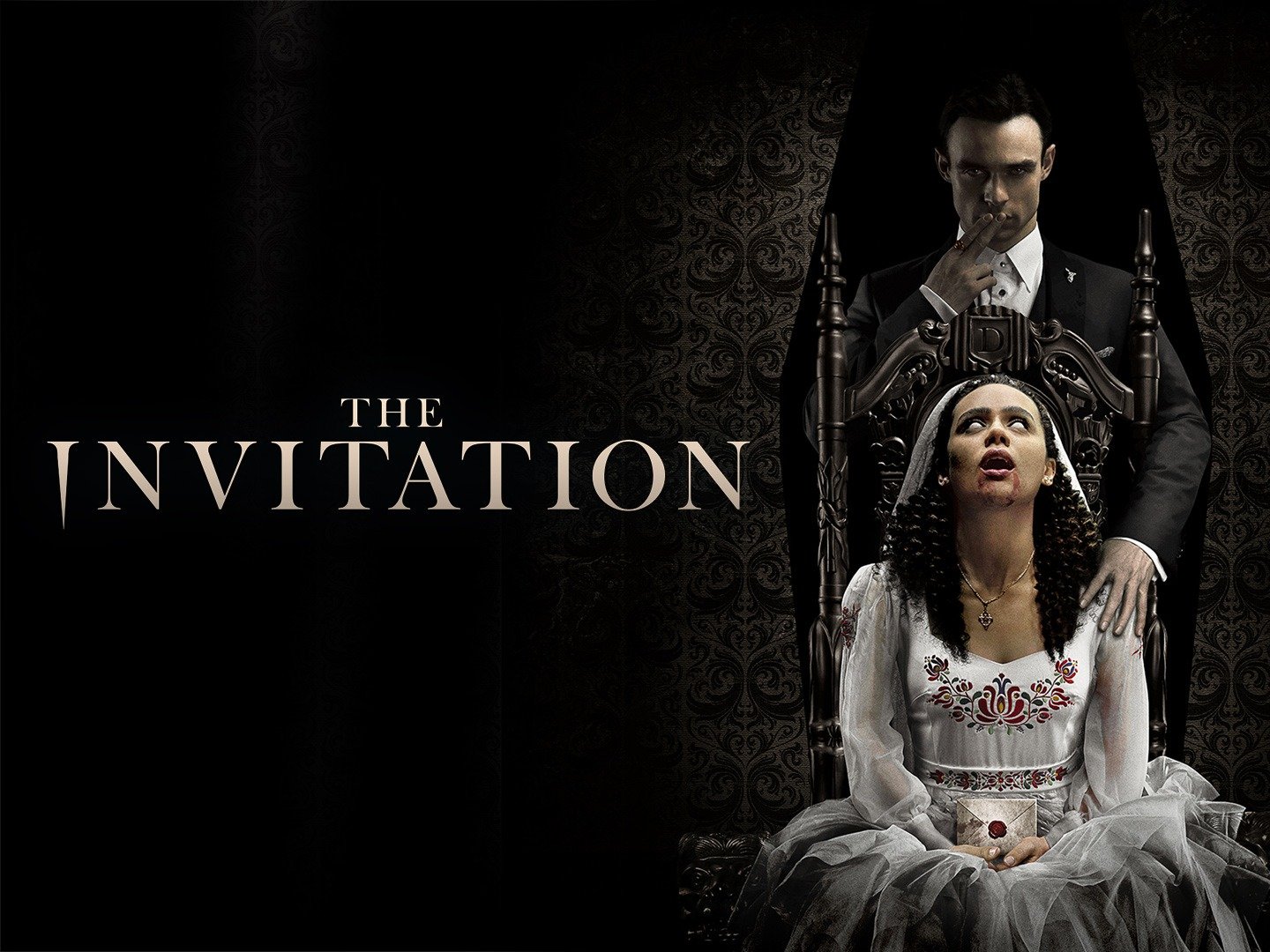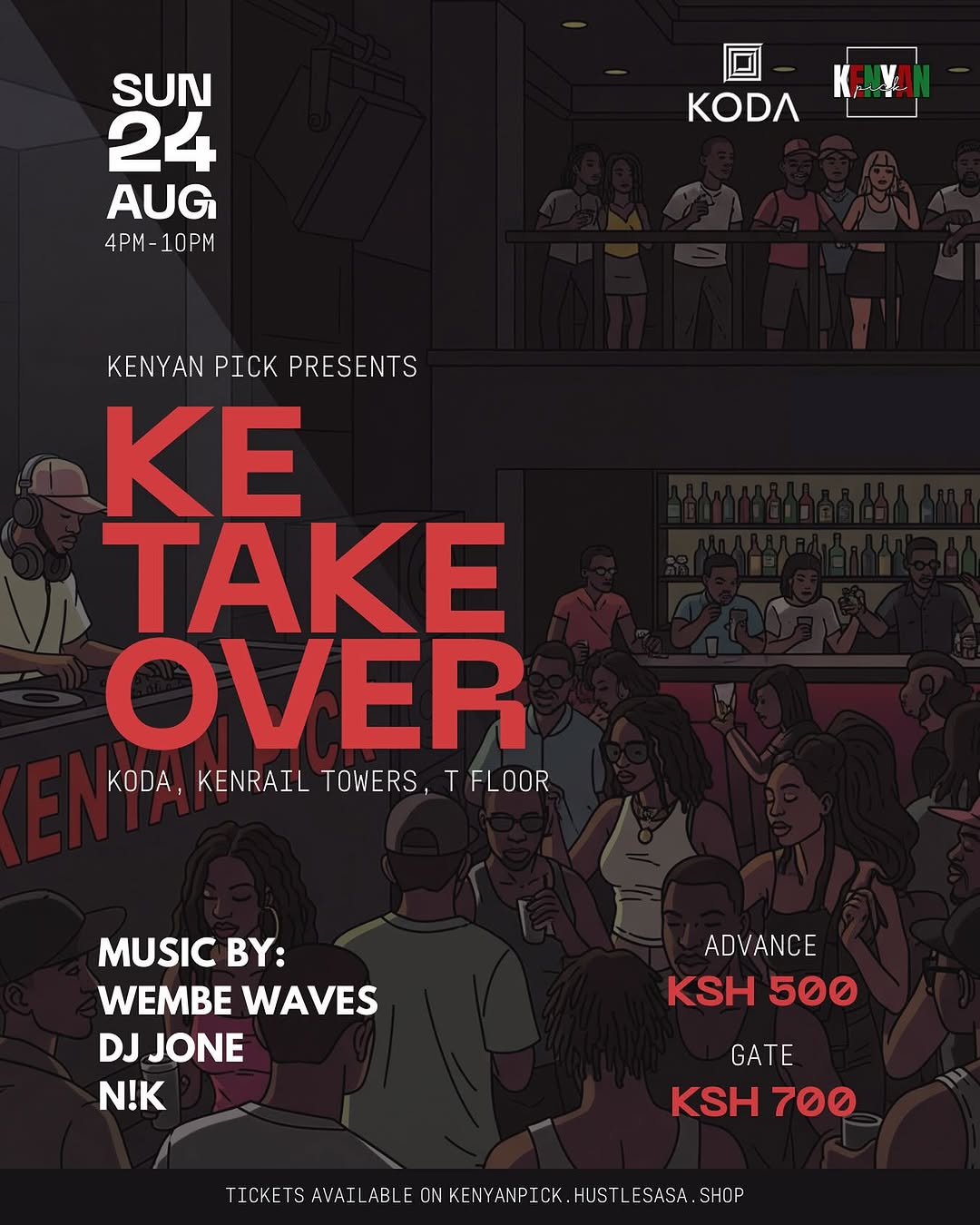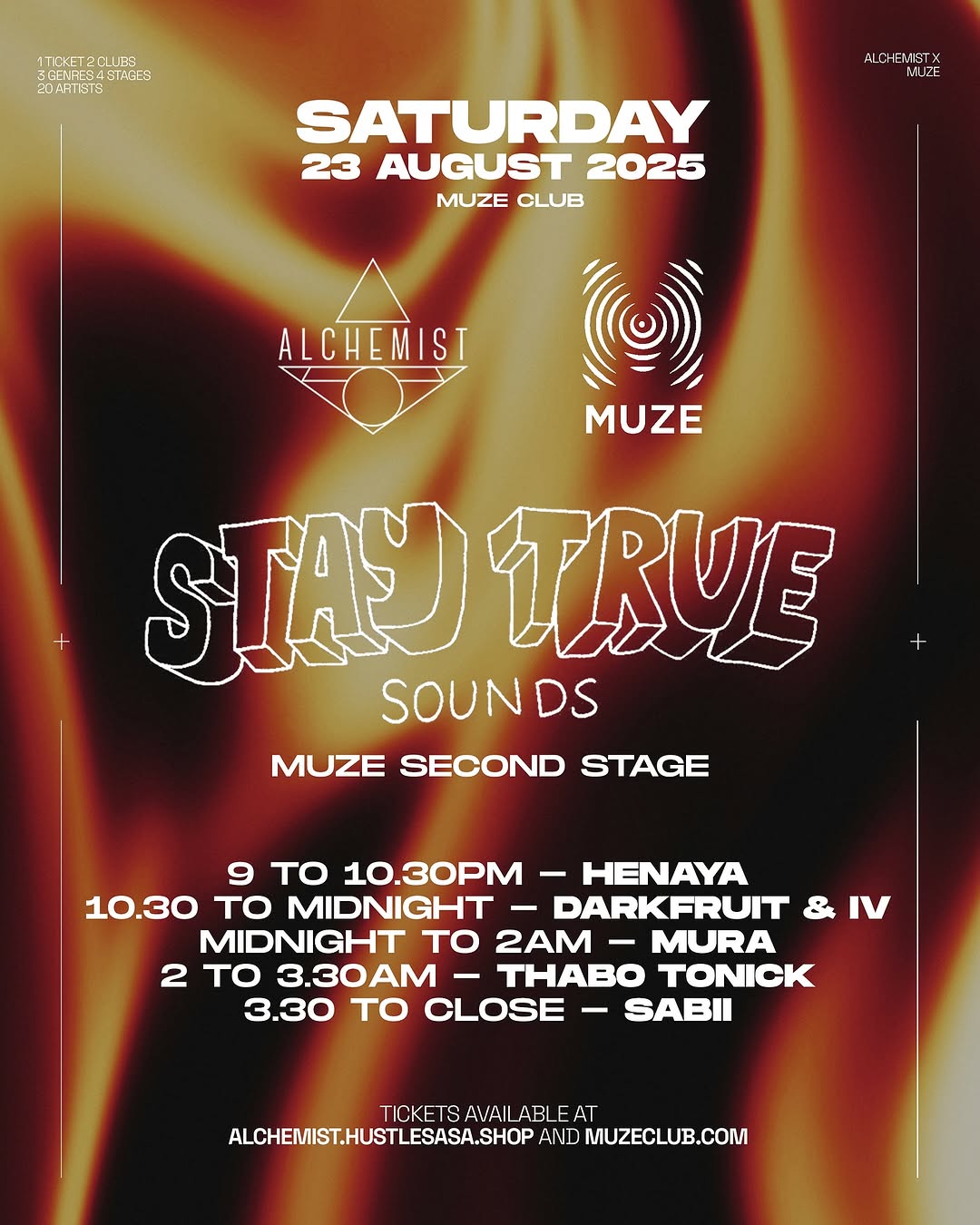Life after Campus
After campus life hits you like a wave you didn’t expect. The excitement of graduation slowly fades, replaced by the reality of the hustle. I remember walking out of that lecture hall, full of hope and dreams, thinking the world was mine for the taking. But soon enough, the job hunt began, and with it came the pressure – from family, friends, and even myself.
Every morning felt like a race against time. Scrolling through job portals, tailoring countless applications, and attending interviews that left me more confused than confident. I saw my classmates landing roles, starting businesses, and moving on with life while I was stuck, wondering if my degree was just a piece of paper. The social pressure was real. Friends would post their successes, and the likes and comments made me feel like I was the only one falling behind. That comparison led me down a dark road, where self-doubt and anxiety crept in.
Depression didn’t announce itself loudly; it was subtle at first. The constant feeling of exhaustion, losing interest in things I once loved, and a heaviness that weighed on my chest. Sometimes I felt invisible, like no one really saw the struggle behind my forced smile. It was hard to tell anyone because society expects you to have it all figured out after campus. But the truth is, I was barely figuring myself out.
Amidst this chaos, my relationships became both a source of comfort and tension. Navigating love while unemployed brought its own challenges. There were moments of deep connection, long talks that stretched into the night, and the kind of vulnerability that made me feel less alone. But there were also arguments fueled by stress, insecurities about the future, and the pressure of expectations from both sides. Love felt like a balancing act, holding on while also trying to keep my own dreams alive.
Being a man in this space added another layer of complexity. There’s an unspoken rule that men must be strong, providers, and emotionally tough. Showing vulnerability felt like admitting defeat. I battled with the idea that asking for help was weakness, even as I craved support. The silence around men’s mental health made it harder to speak up, and I often wore a mask just to get through the day.
But slowly, things began to change. I learned that hustle doesn’t always mean rushing; sometimes it’s about patience and persistence. I started setting small goals, celebrating little wins, and most importantly, accepting that my journey wouldn’t look like anyone else’s. The pressure from social media lost its grip when I reminded myself that behind every success story is a struggle no one sees.
In relationships, I found strength in honest conversations and boundaries. I realized that love should uplift, not drain, and that it’s okay to prioritize my mental health. Accepting my emotions and reaching out for help were not signs of weakness but courage. This shift allowed me to heal parts of myself I didn’t know were broken.
Looking back, life after campus is not a straight path but a winding road full of lessons, setbacks, and growth. The hustle, the depression, the pressure – they shape us but don’t define us. What matters is learning to navigate these storms with grace and remembering that it’s okay to be imperfect while chasing our dreams.















